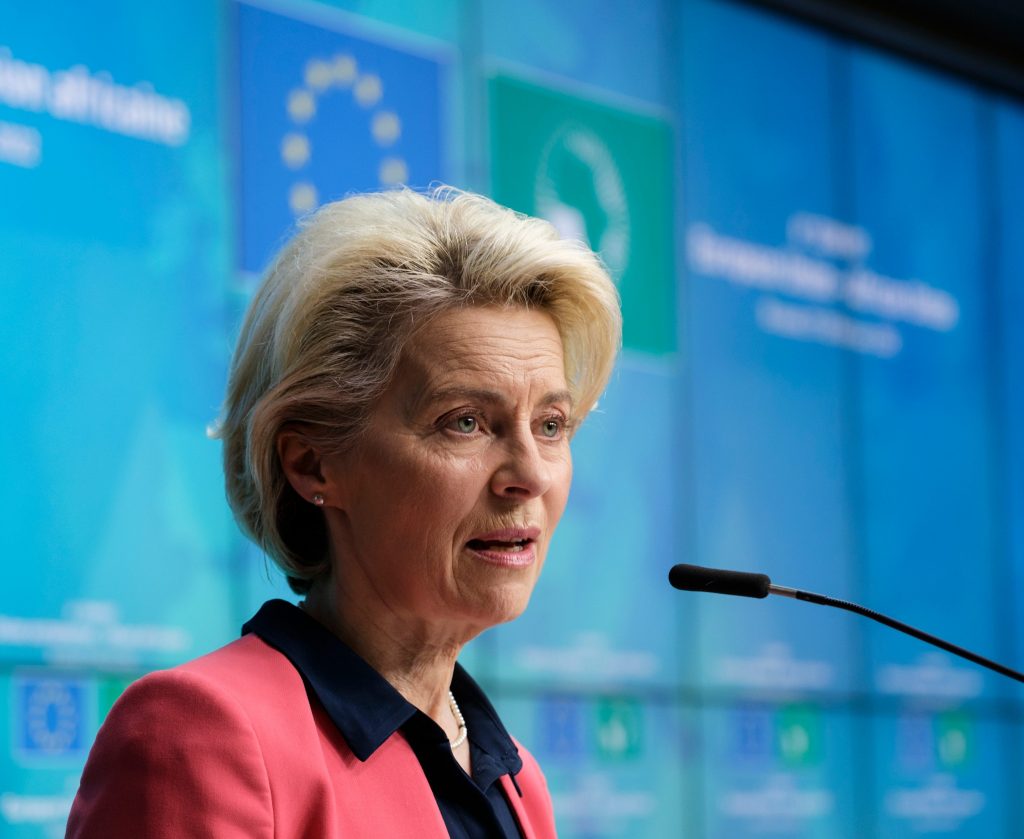- The EU says it agreed a deal to cut natural gas consumption by 15% from August to March.
- The deal aims to save gas usage in preparation for Russia reducing supplies.
- Russia's Gazprom previously said it would cut gas flows to Europe via the Nord Stream pipeline to 20%.
The Council of the European Union (EU) on Tuesday approved an emergency plan to voluntarily cut gas consumption by 15% this winter, as concerns grow about Russia slashing supplies.
The agreement will allow the EU to save on gas during the winter in the event that Russia decides to turn off the taps in retaliation for Western sanctions after its invasion of Ukraine, the council said in a statement. The 15% gas cut was first proposed last week.
Russia is "continuously using energy supplies as a weapon," the council said in the statement.
If gas flows from Russia fall further, the council would trigger a "Union alert," which would make its agreement mandatory, it said.
Between the beginning of August and the end of March 2023, EU member countries will adopt "measures of their own choice" to voluntarily reduce their gas consumption by 15%, the council said.
It comes as Russia's state-run energy giant Gazprom said it would cut gas flows to Europe via the Nord Stream pipeline to 20% starting Wednesday. Russia opened the pipeline on Thursday after closing it for 10 days for maintenance, but only allowed flows at 40% capacity.
"Saving gas now will improve preparedness," Jozef Síkela, Czech minister of industry and trade, said in the council's statement. "The winter will be much cheaper and easier for EU's citizens and industry."
Ursula von der Leyen, president of the European Commission, said in a statement: "I strongly welcome the endorsement by Council of the Council Regulation on coordinated demand reduction measures for gas."
The council said there were some exemptions to the 15% gas reduction, including for countries that are not linked to gas networks of other EU members.
Other exemptions available to member states upon request include those that rely heavily on gas for critical industries, as well as those whose gas usage has risen by 8% over the past year in comparison with the last five years.

